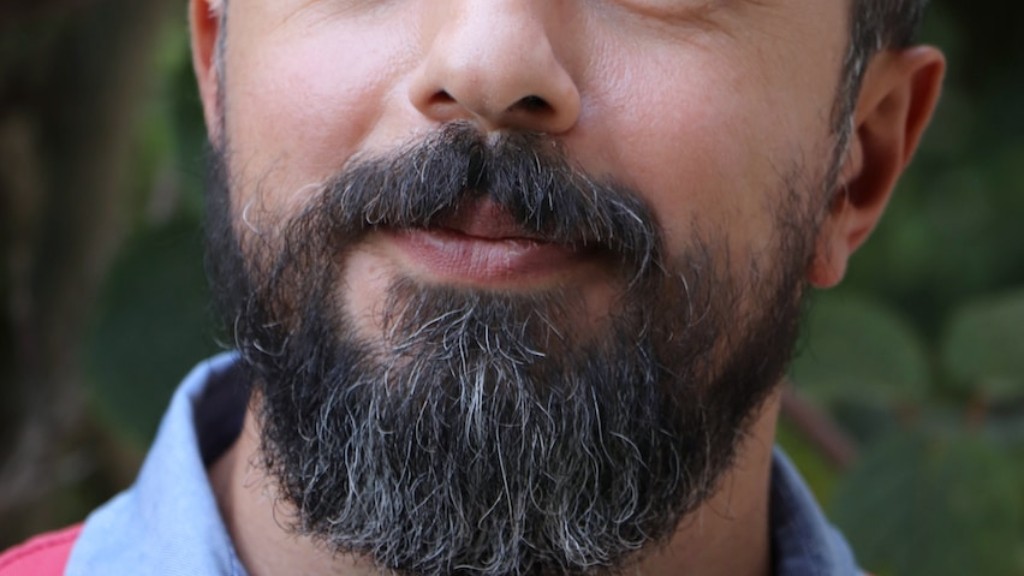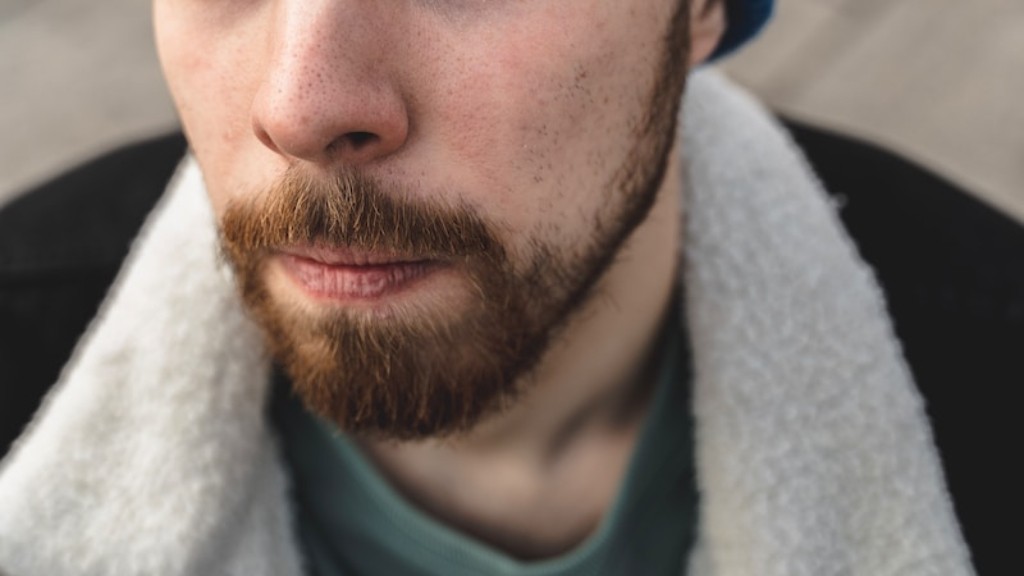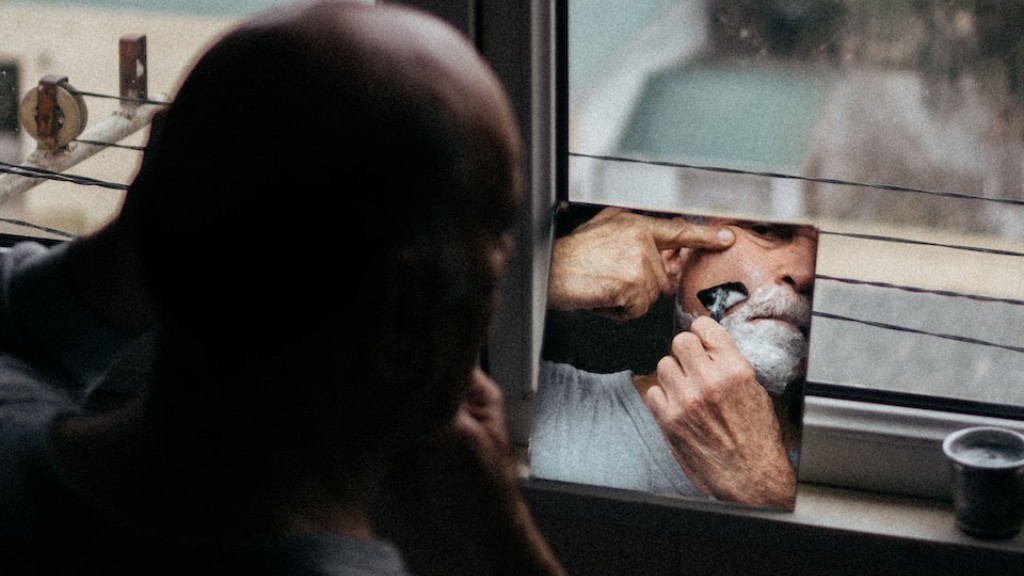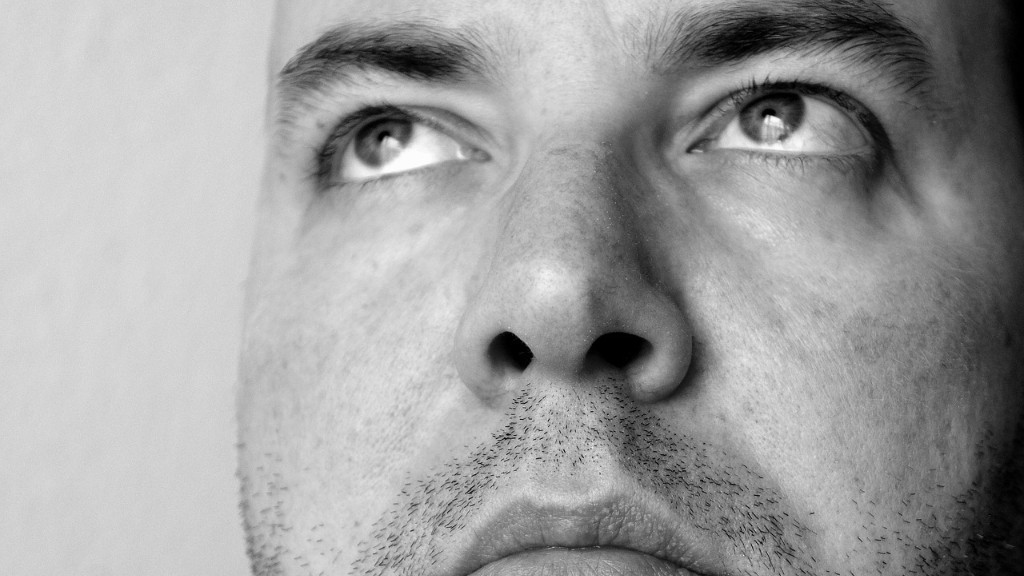Beards have been around for centuries and are a symbol of masculinity. But can anyone grow a beard without the help of genetics? The answer is yes! With the right tips and tricks, anyone can grow a beard that is healthy and looks great.
No, you cannot grow a beard without genetics.
Can everyone grow a beard?
Most men can grow some facial hair, although the amount and thickness will vary depending on genetics, age, and hormones. If you’re not able to grow the full beard you want, there are still many ways to style the facial hair you do have. Talk to a barber or stylist to find the best look for you.
Growing a beard is a very common occurrence during young adulthood. There is no need to worry about it.
At what age does beard grow fully
Most men will have a full beard by their early 20s, but some may need to wait until they hit 30 to reach full beard growth. Puberty might initiate the facial hair growing process, but how fast and thick your beard grows will depend on factors that we’ll discuss below, including genetics and hormone levels.
Genetics and hormones play a large role in determining how quickly and fully your beard will ultimately grow. Health and lifestyle habits can also play a part. Facial hair growth is largely propelled by testosterone, a hormone. Testosterone levels can vary.
What races don’t grow facial hair?
There are a few reasons why your ethnicity can affect the growth pattern of your facial hair. First, the study mentioned above found that Chinese, Mexican, and Native American men have less facial hair than Caucasian men. This could be due to a difference in hormones or in the way the hair follicles grow. Second, your diet can also affect the growth of your facial hair. If you consume a lot of soy, for example, it could lead to less facial hair growth. Finally, your environment can also play a role in the growth of your facial hair. If you live in a dry climate, it could lead to less facial hair growth.
Facial hair growth is primarily determined by genetics, but there are other factors that can affect it as well. For example, ethnicity can play a role in how fast facial hair grows and how thick it becomes. Additionally, the age of a person can impact facial hair growth; typically, beards continue to develop in thickness and coarseness until a person is around 30 years old. So, if you’re 18 and wondering why you don’t have a full beard yet, it’s likely because you’re not yet at the age where facial hair reaches its full potential.
What race can grow the best beards?
There are a few factors that contribute to why some men can grow thicker beards than others. One of the main reasons is due to differences in testosterone levels. Caucasians and African Americans typically have higher testosterone levels than Asian men, which helps with beard growth. In addition, the density of hair follicles also plays a role in beard thickness. Caucasians and African Americans typically have more facial hair follicles than Asian men, which again, contributes to thicker beards. Lastly, the width of hair shafts also differs among the groups, with Caucasians and African Americans typically having wider hair shafts than Asian men. This also leads to thicker beards.
The most common cause of poor beard growth is genetics. If your family has a history of poor beard growth, it is likely that you will have the same problem. Another factor that can affect beard growth is testosterone levels. Even if your testosterone levels are normal, you may not have the necessary receptors for beard growth. There are no creams, oils or tablets that can induce beard growth.
Do beards get thicker with age
Your beard can definitely get thicker with age, but it may take years to achieve the fullness and density you want. The exact amount of growth depends on a number of factors: genetics, diet, stress levels and overall health—all things that affect hair growth in general. So be patient and enjoy the process!
Facial hair typically grows at a rate of half an inch per month. Therefore, a beard two months in the making is approximately one inch in length. This is the point where you can start to carefully trim the beard to shape it as desired. However, be careful not to overdo it – too much trimming at this stage can cause problems.
How often should you shave if you want to grow a beard?
Beard growth and darkness is different for every guy. For some, shaving once every few weeks is no problem. Others may have to shave every three or four days. As you age and your beard gets thicker, you’ll likely have to shave more frequently.
There is a lot of misinformation out there about shaving and hair growth. Some people think that shaving makes hair grow back thicker, darker, or faster. Others believe that shaving changes the color or thickness of hair. Neither of these things are true.
Shaving doesn’t change the thickness, color, or rate of growth of hair. The only thing that shaving does is give the hair a blunt tip. The tip might feel coarse or “stubbly” for a time as it grows out. During this phase, the hair might be more noticeable and perhaps appear darker or thicker. But this is just an illusion. The hair is the same as it was before you shaved it.
What causes a man to grow a beard
Some men may grow beards because the hair follicles on their jaw are stimulated by the hormone dihydrotestosterone (DHT). DHT is produced from testosterone, and some men may have higher levels of testosterone than others, which could account for why some men can grow beards and some cannot. In general, however, men grow beards because the hair follicles on their jaw are stimulated by the hormone dihydrotestosterone.
If you’re having trouble growing a beard, it could be due to a problem with your androgen receptors. Androgens are hormones like testosterone, and if your receptors aren’t functioning properly, then you won’t get the full benefit from them. There are treatments available that can help improve androgen receptor function, and as a result, help you grow a fuller, healthier beard.
Does a full beard mean high testosterone?
The results of the study showed that there is no correlation between beard length and testosterone levels or dominance. This means that there is no evidence to support the hypothesis that beards are honest signals of the beard owners’ testosterone levels and dominance.
There are many factors that contribute to hair loss, and while Asian men may have a lower incidence of hair loss overall, there is still a significant portion of the population that is affected by it. Male pattern baldness is most commonly caused by a combination of genetic and hormone factors, and while Asian men may have a lower incidence of baldness, there are still many who are affected by it. There are a number of treatments available for hair loss, and while some may be more effective for Asian men, there is no one-size-fits-all solution.
Warp Up
No, you cannot grow a beard without genetics.
There is no definitive answer to this question since everyone’s ability to grow a beard is determined by their own individual genetic makeup. However, some men are able to grow beards without any genetic predisposition, so it is possible that with the right conditions and care, anyone could potentially grow a beard.





